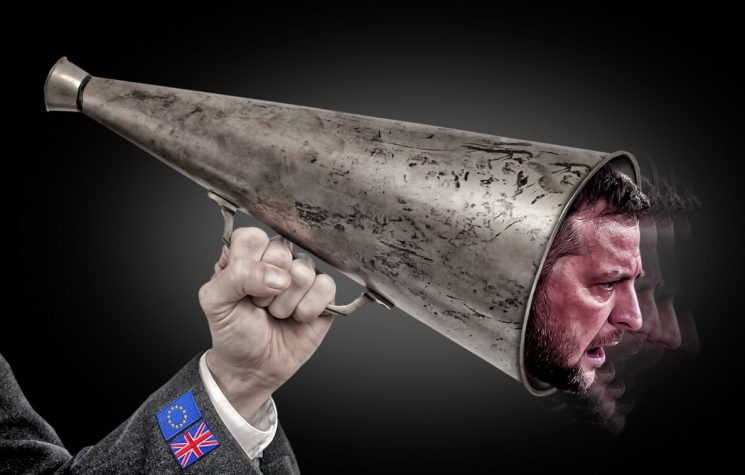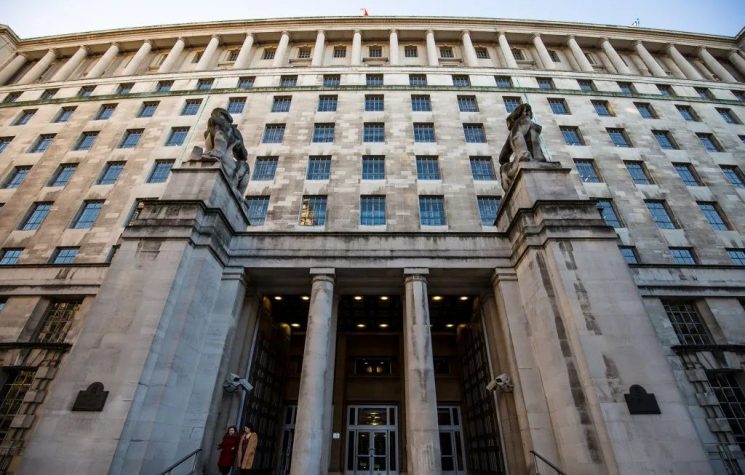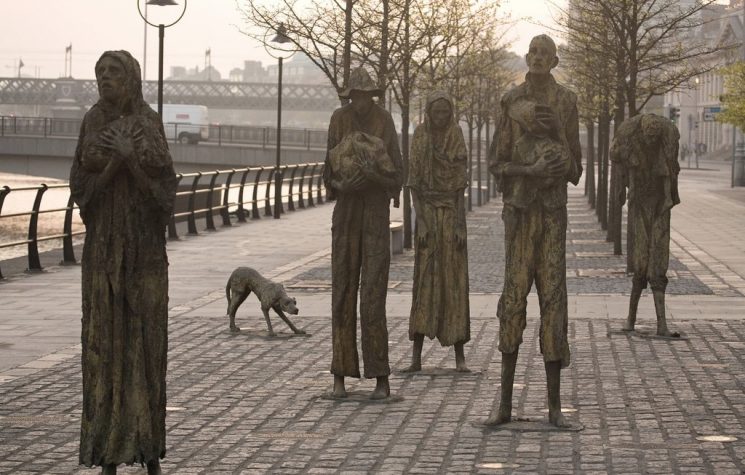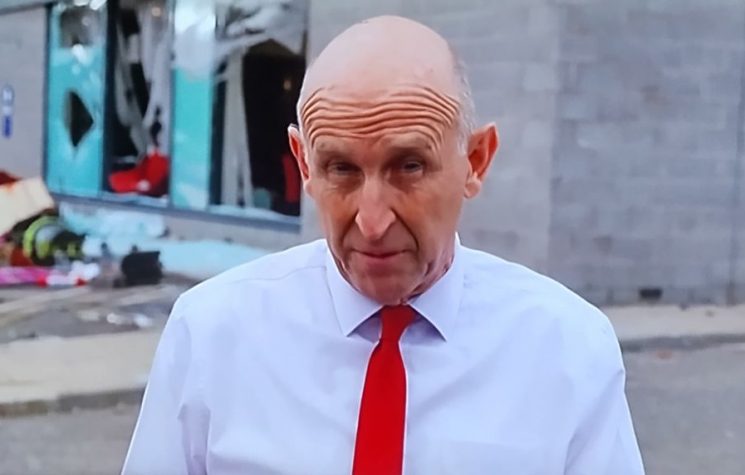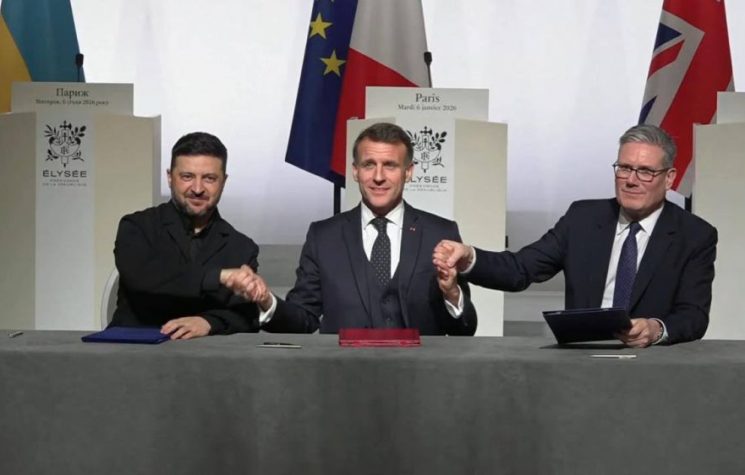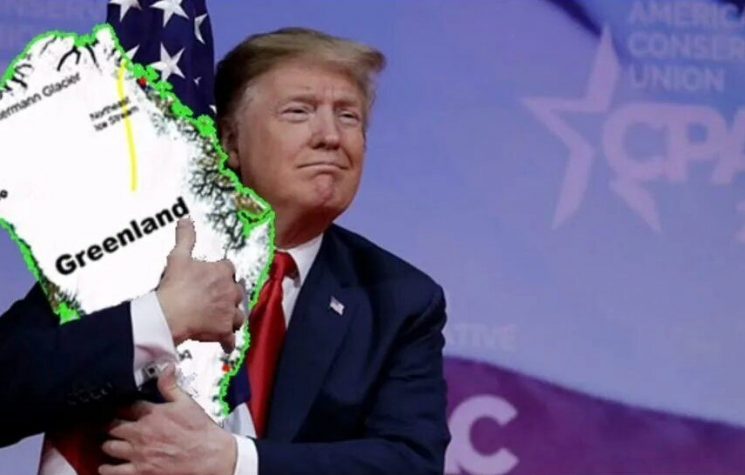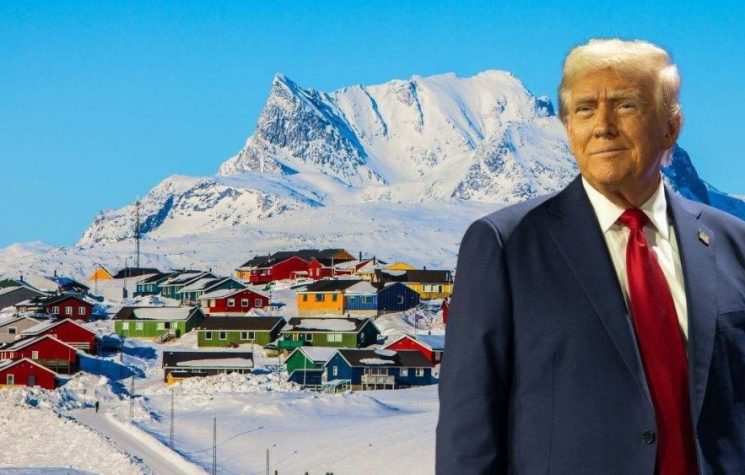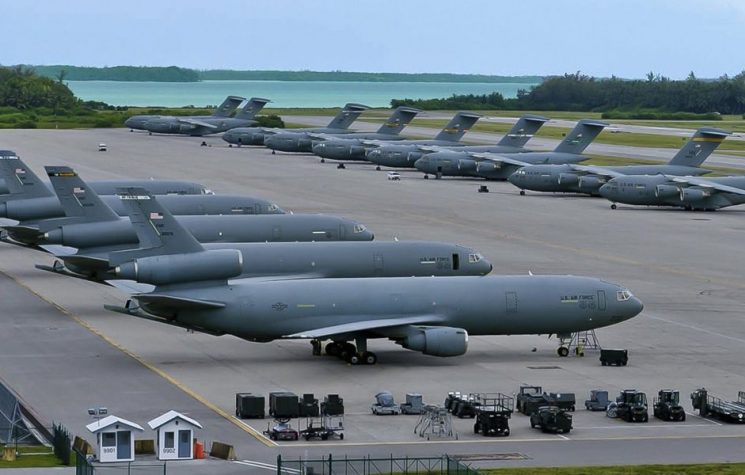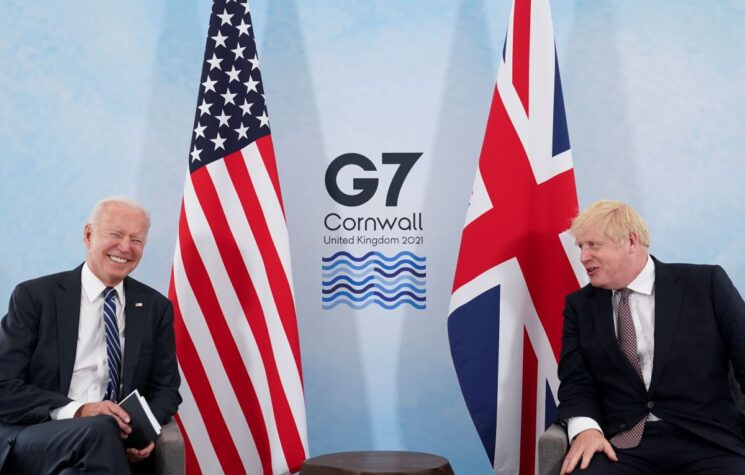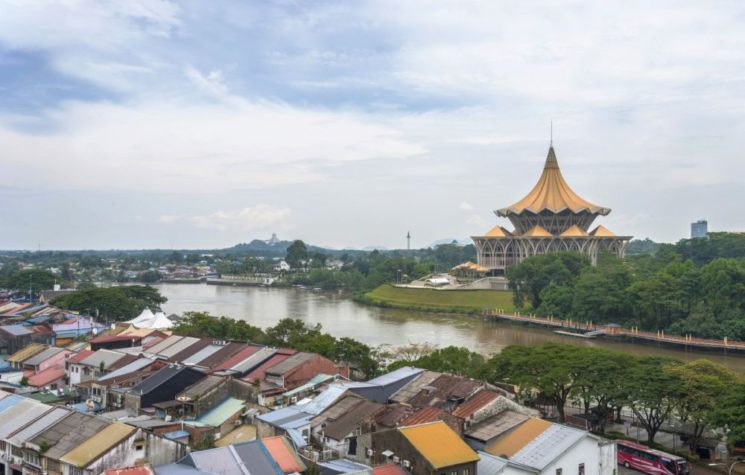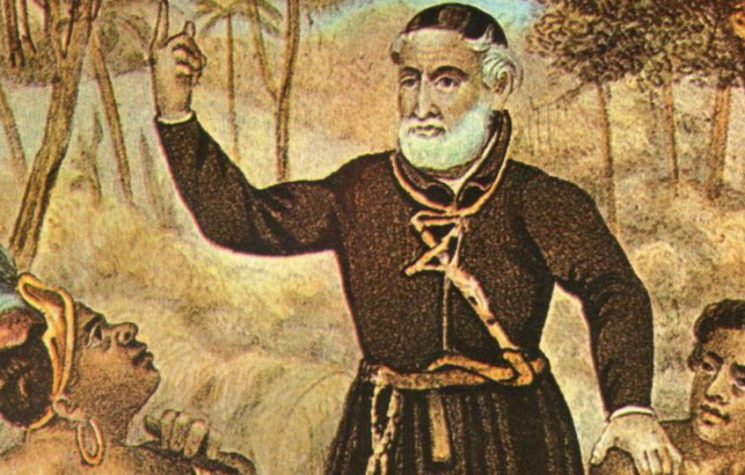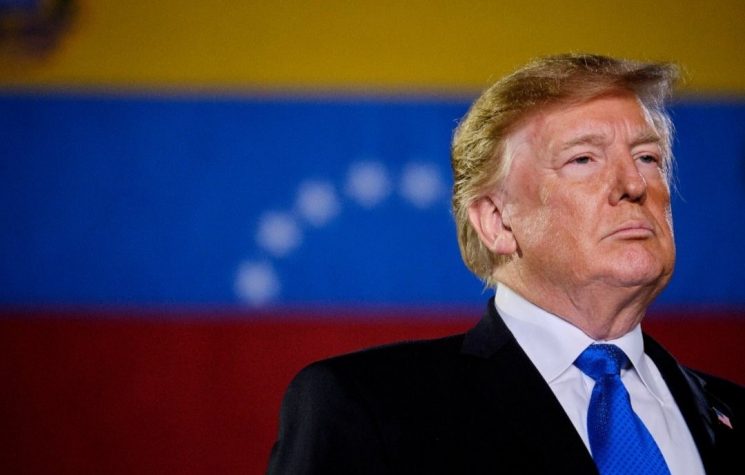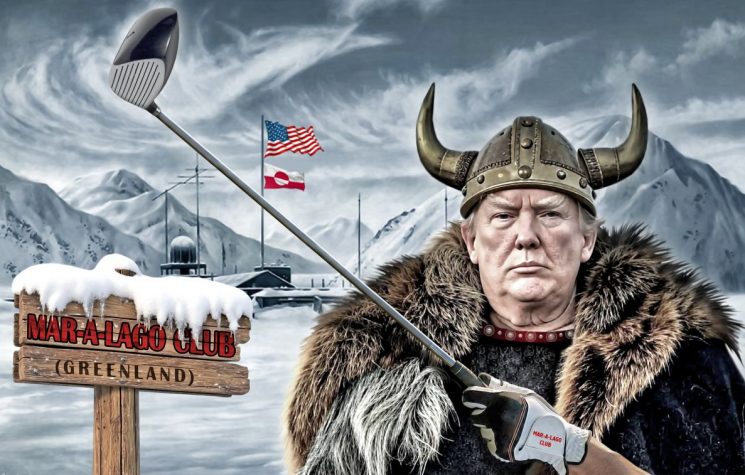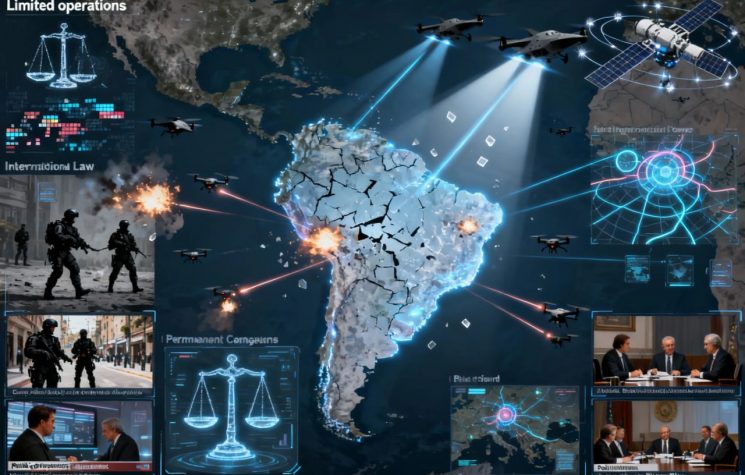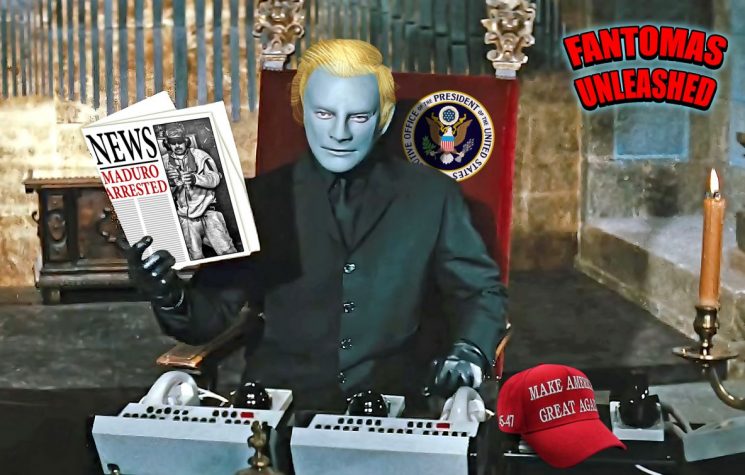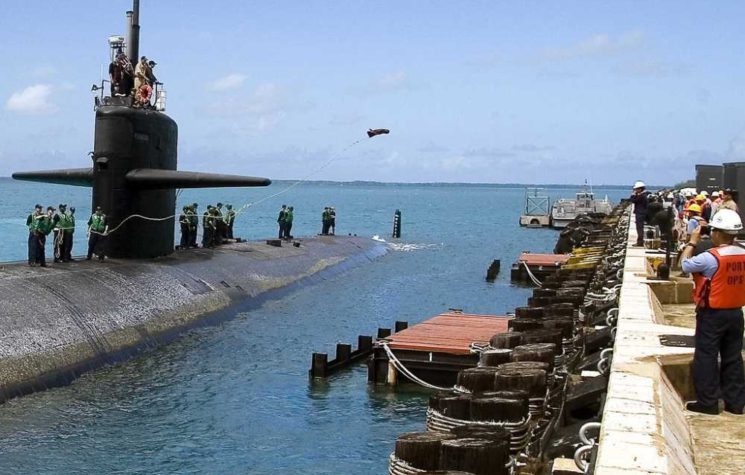Great Britain is determined to never see the sun set on the remnants of the old British empire. However, the United Nations General Assembly recently delivered a stinging rebuke to Britain over its continued occupation of the Chagos Islands, which it cleaved from its colony of Mauritius in 1965 in order for the United States to build a major military base on the island of Diego Garcia. The General Assembly voted 116 to 6, with 56 abstentions, against Britain’s continued control of the Chagos Islands.
London, in connivance with Washington, created the British Indian Ocean Territory (BIOT), an artificial contrivance designed to provide political cover for the £3 million “purchase” of the Chagos Islands from Mauritius. In 1966, Britain leased Diego Garcia to the United States for seventy years. Prior to building its military base on the island, the United States forcibly removed 2000 indigenous Chagossians from their homeland. The refugees were settled in Mauritius and Seychelles. An August 31, 1966 British diplomatic note, signed by Secretary of State for the Colonies Anthony Greenwood, referred to the native Chagossians as a “few Tarzans and Men Fridays whose origins are obscure.”
The 1965 British deal to separate the Chagos Islands from Mauritius was not consummated with an independent Mauritius but with the Mauritian Council of Ministers, a colonial body that existed until Mauritian independence in 1968. Originally, the United States not only wanted military control over the 70-island Chagos Archipelago, but also Aldabra, Farquhar, and Desroches the outer islands of Seychelles, also a British colony at the time.
On May 22 this year, the General Assembly voted for a resolution that demands Britain return the Chagos Islands to Mauritius within six months. In February of this year, the International Court of Justice (ICJ), in a non-binding advisory opinion, ruled that Britain illegally transferred Mauritian sovereignty over the Chagos Islands from Mauritius to itself during the process of decolonization in the 1960s.
The United States, which voted with Britain against the resolution, said it would not even entertain the notion of giving up its Diego Garcia base until 2036, the year its lease is due to expire. However, Washington’s argument is specious since Pravind Kumar Juqnauth, the Mauritian prime minister, said his country would forge an agreement with the United States and Britain to permit the continued operation of the base under Mauritian sovereignty. In 1965, the British agreement to separate the Chagos Islands from Mauritius stipulated that the islands would be retroceded to Mauritius at such a time when they were no longer needed for military purposes.
British permanent representative to the UN Karen Pierce argued that Diego Garcia remains needed for defense reasons. She cited the “strategic importance of the area,” specifically pointing to “the Malacca Straits to the east where cargo vessels transit, and the Gulf of Aden to the west, through which one eighth of global trade passes annually.” She added that “the United Kingdom and United States defense facility on the British Indian Ocean Territory plays a vital role in efforts to keep allies safe and secure, notably in combating terrorism, drugs, crime and piracy. It supports partners in the Combined Maritime Forces of 33 Member States whose area of operation covers 3.2 million square miles and some of the world’s most important shipping lanes through the Gulf of Aden, Bab al-Mandeb, Suez Canal and Straits of Hormuz.”
Mauritius does not see Britain as an Indian Ocean power and has sought to expel Britain as a member of the Indian Ocean Tuna Commission. It is significant that India voted with Mauritius to force Britain to retrocede the 70-island Chagos Archipelago to Mauritius. India has expanded its naval presence in the Indian Ocean, establishing bases in Seychelles and Madagascar.
The British and Americans could only count on four other countries to vote against the General Assembly resolution. One of the four no votes came from Maldives, which has long harbored territorial designs on the Chagos Islands, which is sees as the southernmost archipelago in the Maldivian chain. The Maldives foreign ministry explained its vote, stating it would “not support any proposal that diminishes the country’s territory as laid out in the 2008 constitution and domestic law.” Maldives also voted against a 2017 UN General Assembly resolution requesting the ICJ to rule on Mauritius’s claim to the Chagos Islands.
As far as the claims of the Chagossian islanders, Maldives rejects the notion that there was ever an indigenous population on the islands. However, the Chagossians are a distinct people who speak Mascarene Creole, the same French patois spoken in Mauritius and Reunion.
There is little wonder why Israel and Australia joined Britain and Washington in voting against the Chagos Islands resolution. Israel’s far-right government of Binyamin Netanyahu rejects the notion of Palestinian sovereignty over the West Bank and East Jerusalem, while Australia’s right-wing government has established that there are no sovereignty rights for the native peoples of Norfolk Islands, Christmas Island, or the Cocos (Keeling) Islands. British colonial policies lie at the root of the problems for the Palestinians and the Chagos, Norfolk, Christmas, and Cocos (Keeling) islanders.










